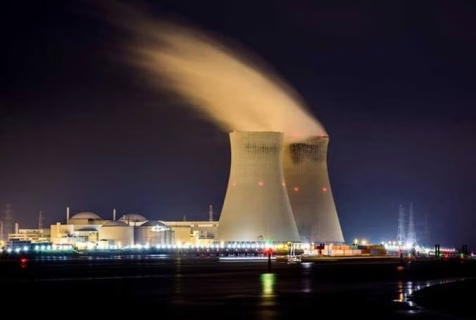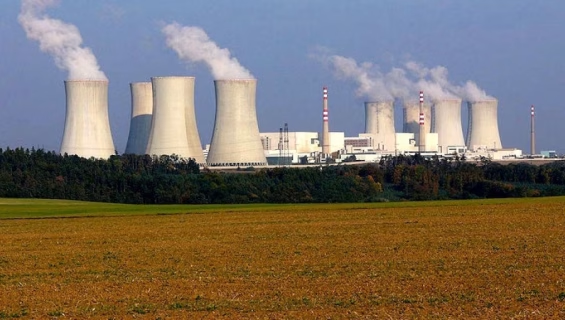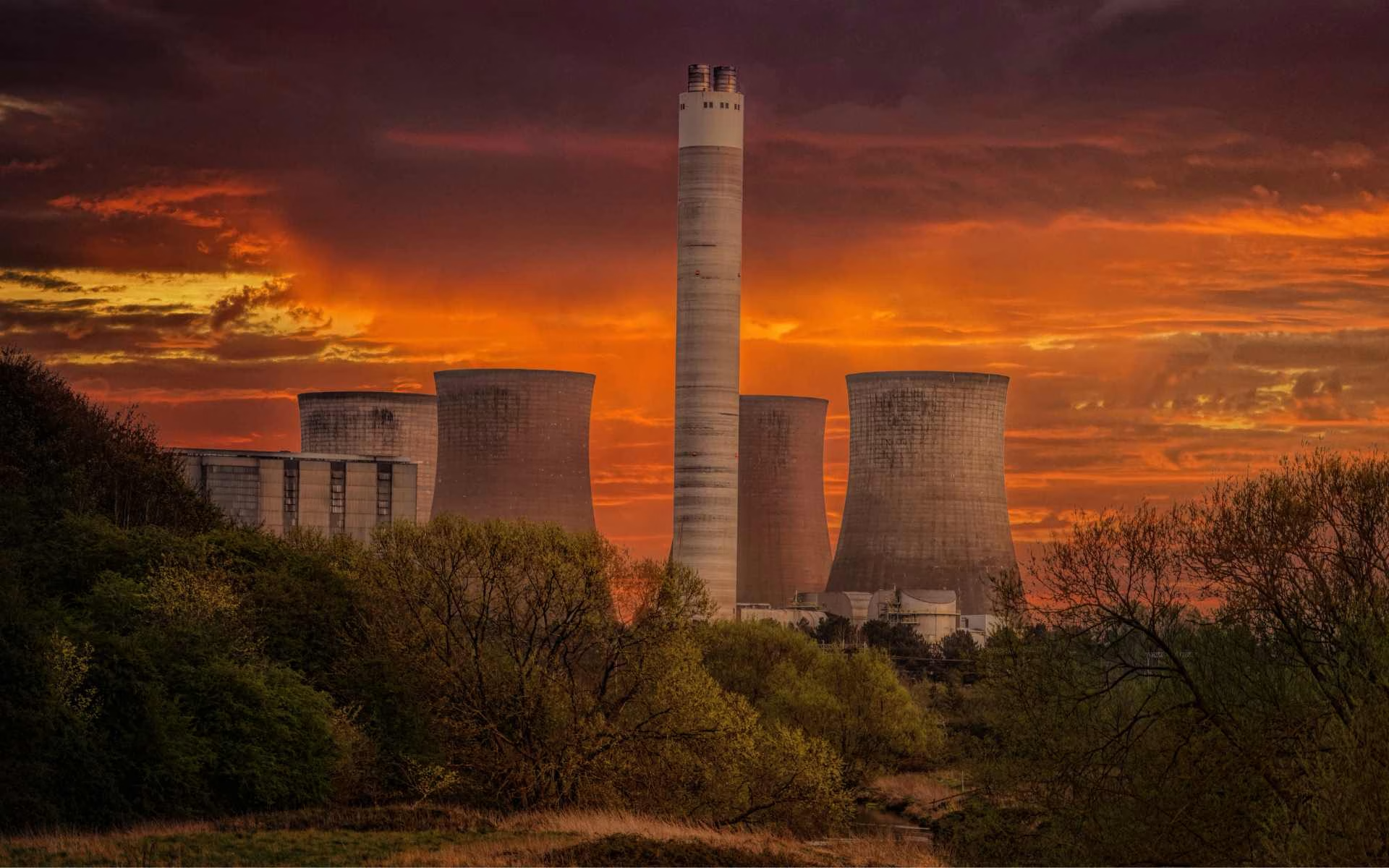Updated September 29, 2025- Niger has revealed its ambitious plans that will foresee the construction a nuclear power plant that will have two 1,000 MW reactors each in partnership with Russia. This announcementon the Niger Nuclear Energy Project was made by Niger’s Mines Minister Colonel Abarchi Ousmane at a roundtable that was presided over by Russian President Vladimir Putin. This was during the World Atomic Energy Week Forum that was held in Moscow.
Niger’s nuclear power project aligns with a broader trend across Africa. This is a trend where nuclear power is increasingly appearing in national energy plans across African countries, even as concrete projects remain limited. Lately, Ethiopia has joined the list of African nations that seek to develop a nuclear plant under a partnership with Rosatom.
In late June, at the Nuclear Energy Innovation Summit, Rafael Mariano Grossi, Director General of the International Atomic Energy Agency (IAEA), affirmed that nuclear energy, as a “sustainable, CO2-free energy source,” is becoming a credible option for African nations. Days before that, the IAEA signed an agreement with the World Bank, lifting a long-standing historic blockage on financial support for the sector, which had often been deemed too risky.

How Niger would Benefit from Nuclear Power
If realized, the nuclear power plant in Niger would fundamentally redefine the country’s energy landscape. Also, it would accelerate an African trend where nuclear power which has been long marginalized, is now emerging as a credible alternative in the quest for greater electricity access and reduced emissions.
Factsheet
Primary goal: To address Niger’s low national electrification rate
Key partner: Rosatom, Russia’s state-owned nuclear energy corporation.
Capacity: Niger’s Mines Minister, Ousmane Abarchi, proposed the construction of two nuclear reactors, with a total capacity of 2,000 MW
Oversight: The proposed plants would be developed under the supervision of the U.N. nuclear watchdog, the International Atomic Energy Agency (IAEA)
Cooperation scope: The partnership with Russia extends beyond power plant construction to include the development of the entire nuclear system, such as:
- Development of Niger’s uranium deposits.
- Nuclear medicine applications.
- Training of local specialists.
Reported on August 4, 2025
West Africa’s Niger has signed a nuclear cooperation agreement with Russia to implement peaceful development of nuclear energy. The achievement marks a broader deal between Moscow and the three military-led governments of the Sahel regime. These include Burkina Faso, Mali, and Niger which are part of the Alliance of Sahel States (AES). The agreement focuses on ensuring peaceful use of nuclear energy across the region. Furthermore, it will see Rosatom assist these West African nations in developing infrastructure. It includes the construction of power plants and research reactors, as well as supply of nuclear fuel. The announcement was made by the press office of Russia’s Ministry of Energy. Energy Minister Sergei Tsivilev stated his commitment on the agreement through the ministry’s official Telegram channel. Moreover, he added that the memorandum outlines collaboration on multiple fronts other than nuclear energy development. It also covers advancements on nuclear medicine and joint training of specialists in this field.
Also read:
The Significance of Russia’s Nuclear Energy Cooperation with African States

The significance of Russia’s nuclear energy cooperation with African states such as Niger outlines their commitment in advancing nuclear energy development. The deal also highlights Russia’s long-term strategy to build a nuclear development ecosystem in Africa’s military-led states. Moreover, it signals a new phase of strategic engagement in the Sahel. Many West African and East African states are turning to Moscow to facilitate in their nuclear energy development. States such as Ghana and Uganda have already inked agreements with Rosatom to advance their nuclear energy. Other than South Africa, many states in Africa are yet to develop their nuclear energy, making the race stiff. These agreements reflect the evolving global realignment in the wake of the Ukraine conflict. Russia is increasingly positioning itself as a strategic ally to African governments looking beyond Western-led institutions for support and investment. If these agreements take shape as planned, Rosatom could greatly facilitate in nuclear energy development in Africa.
Also read:

Leave a Reply